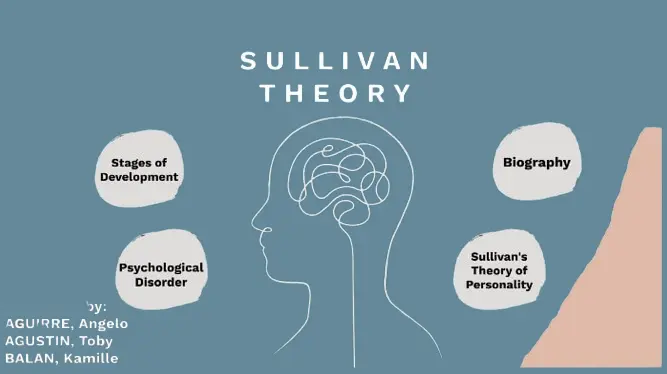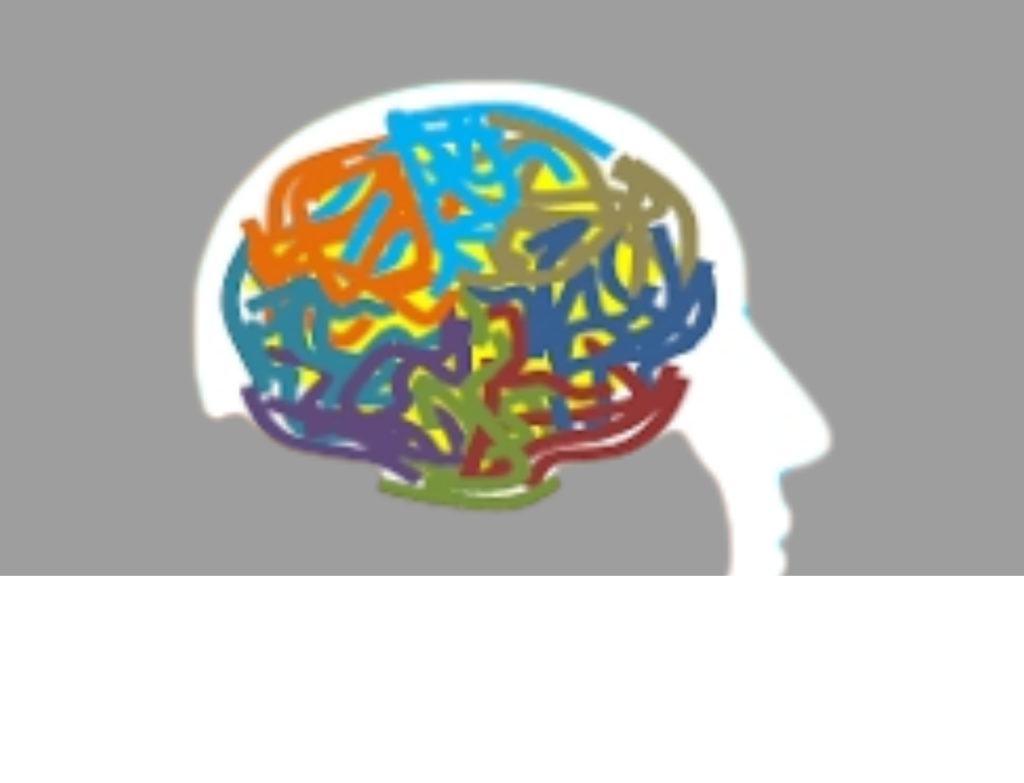Introduction
Mental health disorders affect millions of people globally, influencing thoughts, emotions, and behaviors in complex and often debilitating ways. These disorders, which include conditions like depression, schizophrenia, bipolar disorder, and anxiety, have traditionally been attributed to a mixture of psychological, environmental, and biological factors. In recent decades, advancements in genetics have illuminated the profound role our DNA plays in the development and expression of mental illnesses.

Understanding the genetic basis of mental disorders is critical not only for scientific discovery but also for the potential development of personalized medicine, early intervention strategies, and destigmatization. This article delves into the genetic underpinnings of mental health conditions, the role of heredity, recent breakthroughs, and the evolving landscape of psychiatric genetics.
Understanding Mental Disorders
Mental disorders, also known as psychiatric or psychological disorders, encompass a wide range of mental health conditions that affect mood, thinking, and behavior. Some of the most common include:
- Depression
- Schizophrenia
- Bipolar disorder
- Autism spectrum disorder (ASD)
- Anxiety disorders
These conditions are often multifactorial, meaning they arise from a combination of genetic susceptibility, environmental exposures, and psychosocial influences. According to the World Health Organization, one in eight people globally lives with a mental disorder, underlining the urgent need to understand their root causes.
The Role of Genetics in Mental Health
Genetics plays a significant role in shaping our mental health. Each person’s genome—comprising about 20,000 genes—holds variations that may increase or decrease the risk of developing psychiatric conditions. Research shows that mental disorders often run in families, suggesting a hereditary component.
Heritability and Family Studies
Heritability estimates quantify the proportion of variation in a trait attributable to genetic factors. For mental illnesses, heritability is notably high:
- Schizophrenia: ~80%
- Bipolar disorder: ~70%
- Major depressive disorder: ~40–50%
Family and twin studies have consistently demonstrated higher concordance rates among identical twins compared to fraternal twins, further supporting a strong genetic link.
Genome-Wide Association Studies (GWAS)
GWAS have revolutionized the field by identifying hundreds of genetic loci associated with mental illnesses. These studies examine common genetic variants across thousands of individuals to find differences associated with specific disorders. Notable discoveries include:

- Schizophrenia: Variants in genes such as COMT, DISC1, and the major histocompatibility complex (MHC) region.
- Depression: Polygenic risk scores indicate numerous small-effect variants cumulatively contributing to risk.
- Bipolar disorder: Associations with calcium channel genes like CACNA1C.
These findings support the view that mental disorders are polygenic—caused by many genetic variations, each contributing a small amount to the overall risk.
Key Mental Disorders with Genetic Links
Schizophrenia
Schizophrenia is a severe psychiatric condition characterized by delusions, hallucinations, and cognitive impairment. Genetic studies have identified over 100 loci linked to the disorder. Risk genes include NRG1, ZNF804A, and variants in the MHC region, implicating immune system involvement.
Depression
Major depressive disorder (MDD) affects mood, sleep, appetite, and energy levels. While less heritable than schizophrenia, MDD still shows strong familial aggregation. Large-scale GWAS have identified associations with genes involved in neurotransmitter regulation and stress response.
Bipolar Disorder
Bipolar disorder involves mood swings between mania and depression. Genetic overlap with schizophrenia is significant, with shared risk alleles. Genes such as ANK3 and CACNA1C have been repeatedly implicated, particularly in regulating neural excitability.
Autism Spectrum Disorder (ASD)
ASD is a neurodevelopmental disorder marked by difficulties in social communication and repetitive behaviors. Genetics play a major role, with both common variants and rare de novo mutations identified. Mutations in genes like CHD8, SHANK3, and SCN2A are among the most studied.
Epigenetics: Genes and Environment
While genetics lay the groundwork for susceptibility, environmental factors also modulate gene expression. Epigenetics refers to changes in gene activity without altering the DNA sequence, often influenced by:
- Early-life stress
- Childhood trauma
- Substance abuse
- Nutrition and lifestyle
Mechanisms such as DNA methylation, histone modification, and non-coding RNAs affect how genes are turned on or off. For example, chronic stress can lead to epigenetic modifications in genes involved in the hypothalamic-pituitary-adrenal (HPA) axis, impacting mood regulation and anxiety.
The Future of Genetics in Mental Health
The integration of genetics into psychiatry offers promising prospects for:
Personalized Medicine
By understanding individual genetic profiles, clinicians could tailor treatments to match patients’ unique biological makeup. This could enhance the effectiveness of medications and reduce side effects.
Early Intervention
Genetic screening might allow for the identification of high-risk individuals before symptoms appear, enabling preventive strategies and timely therapeutic support.
Ethical Considerations
As genetic information becomes more accessible, ethical challenges arise. Concerns include:
- Genetic privacy
- Discrimination based on genetic risk
- Psychological impact of knowing one’s genetic predisposition
Addressing these issues will be vital as we move toward a more genomics-informed model of mental health care.
Conclusion
The genetic basis of mental disorders is an evolving field offering profound insights into how our DNA shapes mental health. From family studies to cutting-edge GWAS, research consistently highlights the importance of heredity in psychiatric conditions. However, genes are only part of the picture. Environmental influences and epigenetic mechanisms also play critical roles, emphasizing the complexity of mental illnesses.
Understanding these factors not only furthers scientific knowledge but also paves the way for personalized treatment, early intervention, and compassionate care. As we continue to unlock the secrets of the human genome, the hope is that such discoveries will lead to more effective, tailored, and humane mental health interventions for generations to come.



